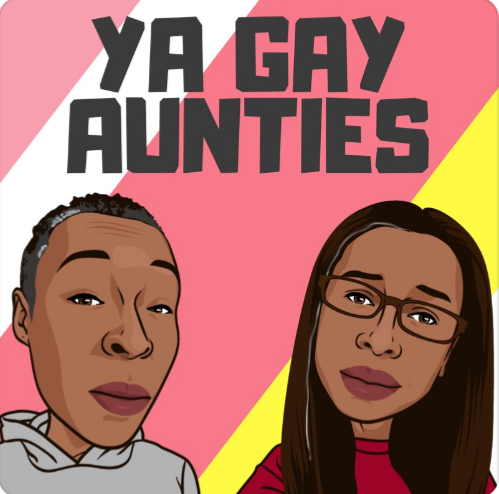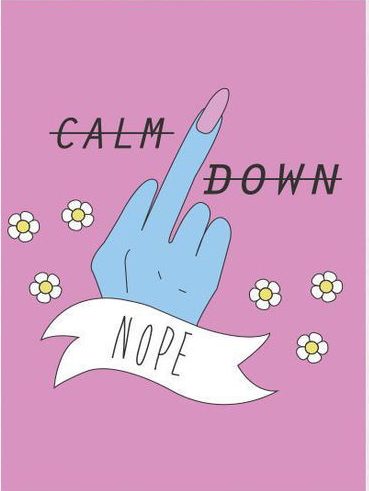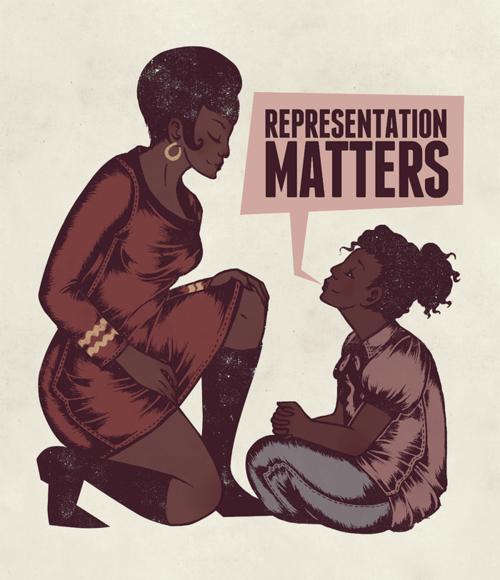
Ya Gay Aunties is a podcast hosted by Hanifah and Red, two friends who have taken it upon themselves to guide baby queer POCs in the right direction one episode at a time. They discuss topics such as relationships, pop culture, and politics and they also have special guest interviews. Their episodes are always thoughtful and sometimes controversial but at the end of the day, what’s important to them is reaching people by providing a different voice. This contribution to the community is priceless because many of us don’t have access to getting advice from those like us who have been in our shoes before.
Check out the interview below to learn about how Hanifah and Red began Ya Gay Aunties and how they deal with daily life as well as manage and curate such an important podcast.




